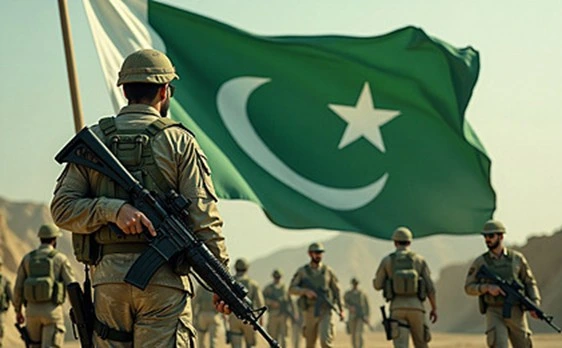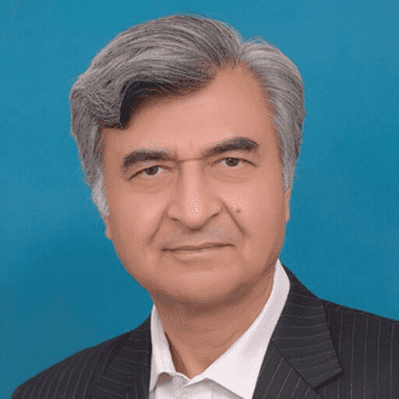On May 28, 1998, twenty-seven years ago, Pakistan became the seventh nuclear power in the world and the first nation with most Muslims to reach nuclear capacity, therefore imprinting itself on the pages of history. Direct response to India’s five nuclear tests earlier that month, which had upset the strategic equilibrium in South Asia and directly threatened Pakistan’s sovereignty, led to this historic success. In addition to restoring the regional balance of power, Pakistan’s audacious six nuclear tests in the isolated Chagai hills of Balochistan firmly asserted its right to defend itself against attack.
On what is now formally known as Youm-e-Takbir, the Day of Greatness, today the country honours this milestone with great pride and respect. This day reminds us of Pakistan’s scientific and military success as well as of its relentless will in the face of foreign pressure and economic instability. A public holiday recognizing the visionaries, scientists, and armed forces who were instrumental in transforming Pakistan into a nuclear power is being honoured nationwide in honour of the protectors of our country are receiving ceremonial salutes and tributes; their commitment and sacrifice strengthened the defence and dignity of our country.
Prime Minister Shehbaz Sharif said in his formal greeting to the country that Youm-e-Takbir represents a symbol of national pride and success. Declaring that Pakistan won a battle politically and psychologically enforced by India through its nuclear posture, he said Drawing on the historical moment of 1998, the Prime Minister underlined that the Indian nuclear tests in May of that year directly challenged Pakistan’s security, defence, and sovereignty. Against these provocations, Prime Minister Nawaz Sharif made the historic choice to conduct six nuclear tests, therefore restoring the strategic balance in the area and maintaining Pakistan’s dignity on international scene.
At a period of great international pressure, Prime Minister Shehbaz Sharif praised Nawaz Sharif’s leadership for displaying vision and fortitude. He underlined that Nawaz Sharif refused to give in to economic restrictions, pressures, or temptations, therefore putting the interests of the country first. His choice to go forward with the nuclear testing was a strong statement of Pakistan’s sovereignty and will to stand tall against any kind of pressure, not only a national defence act.
Rich tributes to the late Zulfikar Ali Bhutto, who had planted the seeds of Pakistan’s nuclear program in the 1970s with his renowned will to acquire nuclear capacity “even if we have to eat grass,” were also paid by the Prime Minister Bhutto’s vision and foresight set the stage for what would eventually become among Pakistan’s most important national successes.
Shehbaz Sharif also praised the significant efforts made by Dr. Abdul Qadeer Khan and the team of bright scientists and engineers who toiled nonstop, often under extreme restrictions and in secret, to realize the nuclear dream. Their intelligence, patriotism, and tenacity helped Pakistan to accomplish a feat not many countries have done. Youm-e-Takbir is a day of introspection and thanks, not only celebration for the armed forces of Pakistan for their relentless protection of the country’s nuclear assets and for their vital contribution to preserving its deterrent capability.
It reminds us of the offerings made by our leaders, scientists, soldiers, and people to guarantee the future of our country. It also exhorts us to protect this legacy by means of knowledge, accountability, and a dedication to peace. Even if Pakistan keeps a credible minimum deterrent to guarantee its security, as a responsible nuclear state it keeps advocating for regional stability and peaceful coexistence.
The lessons of Youm-e-Takbir are now as important in a time of global uncertainty and changing geopolitical dynamics. Any nation’s power comes mostly from national unity, strategic insight, and a relentless dedication to sovereignty. Let us keep in mind as we mark this day that the strength of a country resides not only in its weapons but also in the will of its people, the integrity of its leaders, and the vision that directs its future.
On this 27th anniversary of Pakistan’s nuclear tests, we reaffirm our commitment to preserve the country’s dignity, to defend its sovereignty, and to help to create a society that celebrates justice, peace, and mutual respect. Youm-e-Takbir is evidence of the strength of national resolve as well as a reminder that, united, Pakistanis can conquer any obstacle and ascend any summit.








